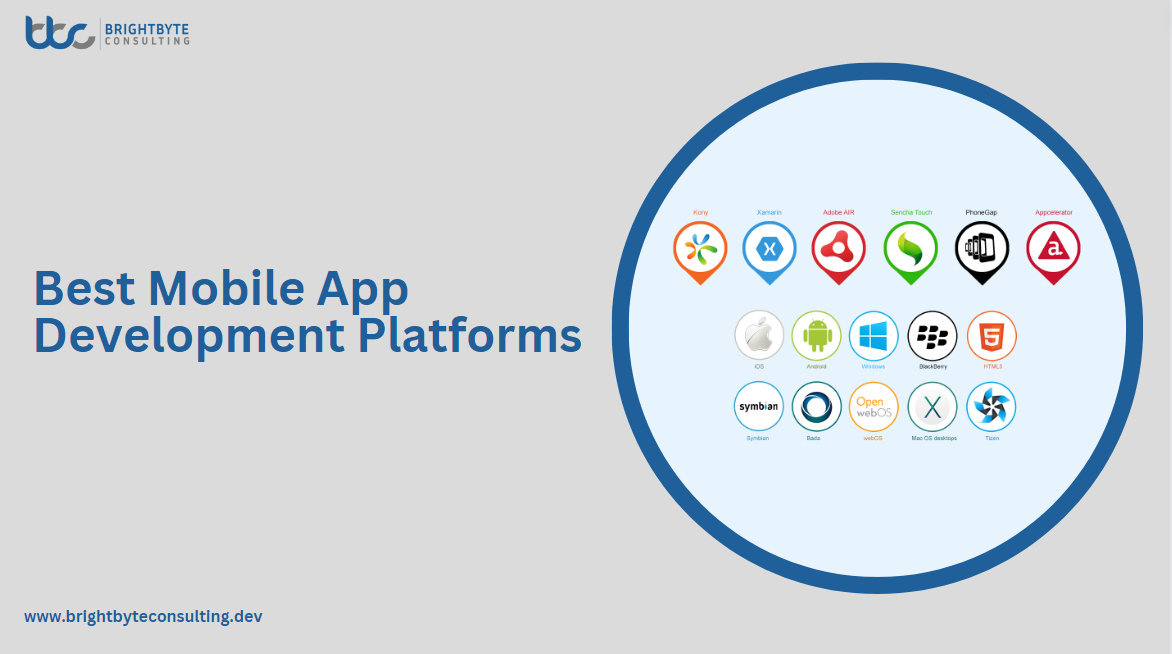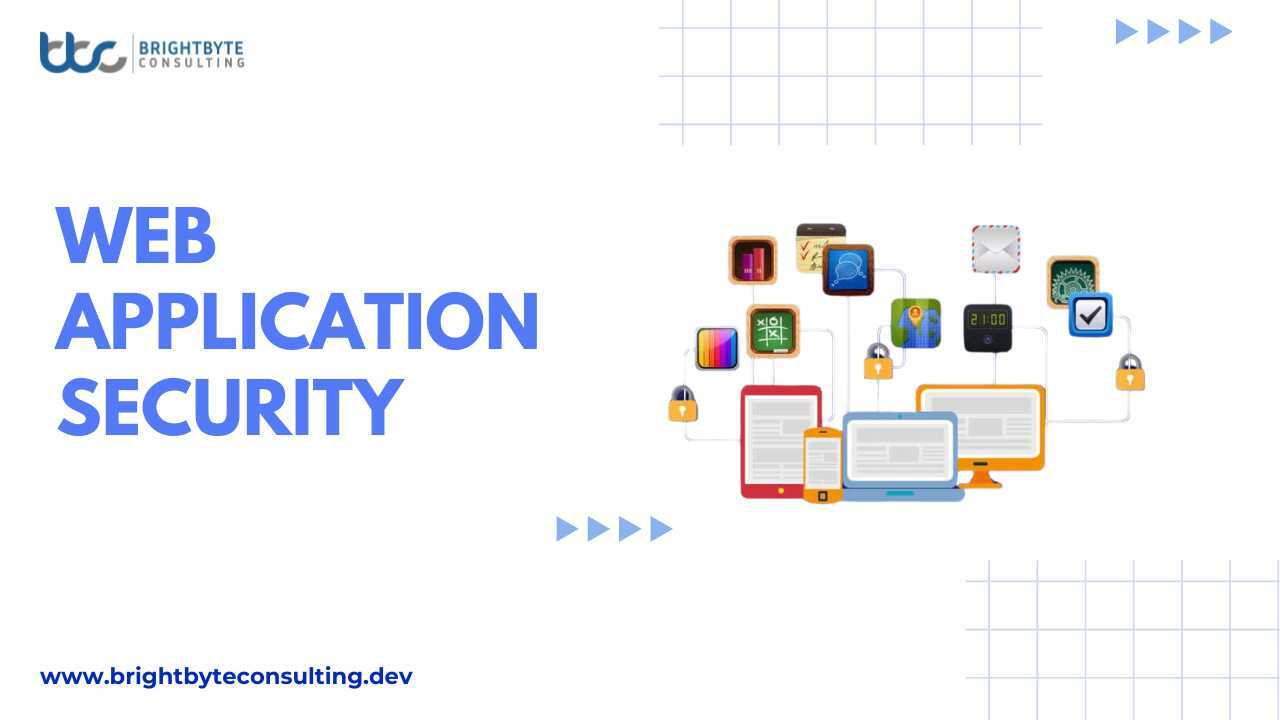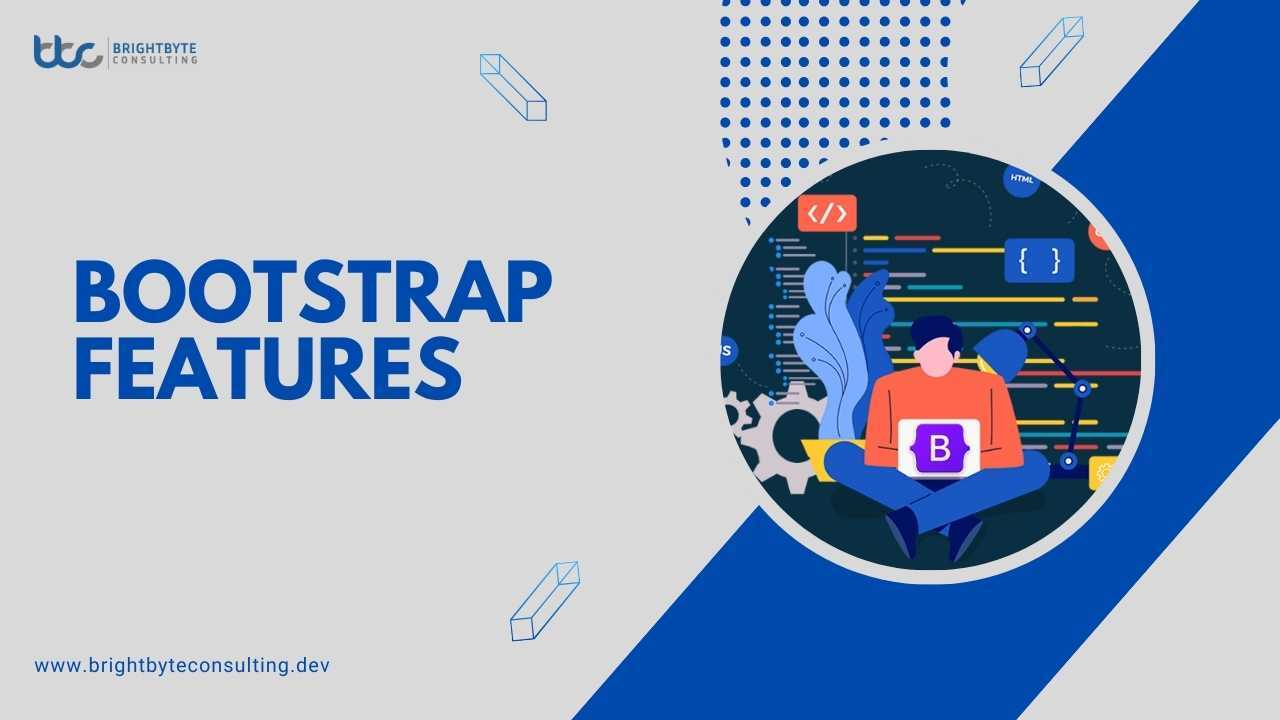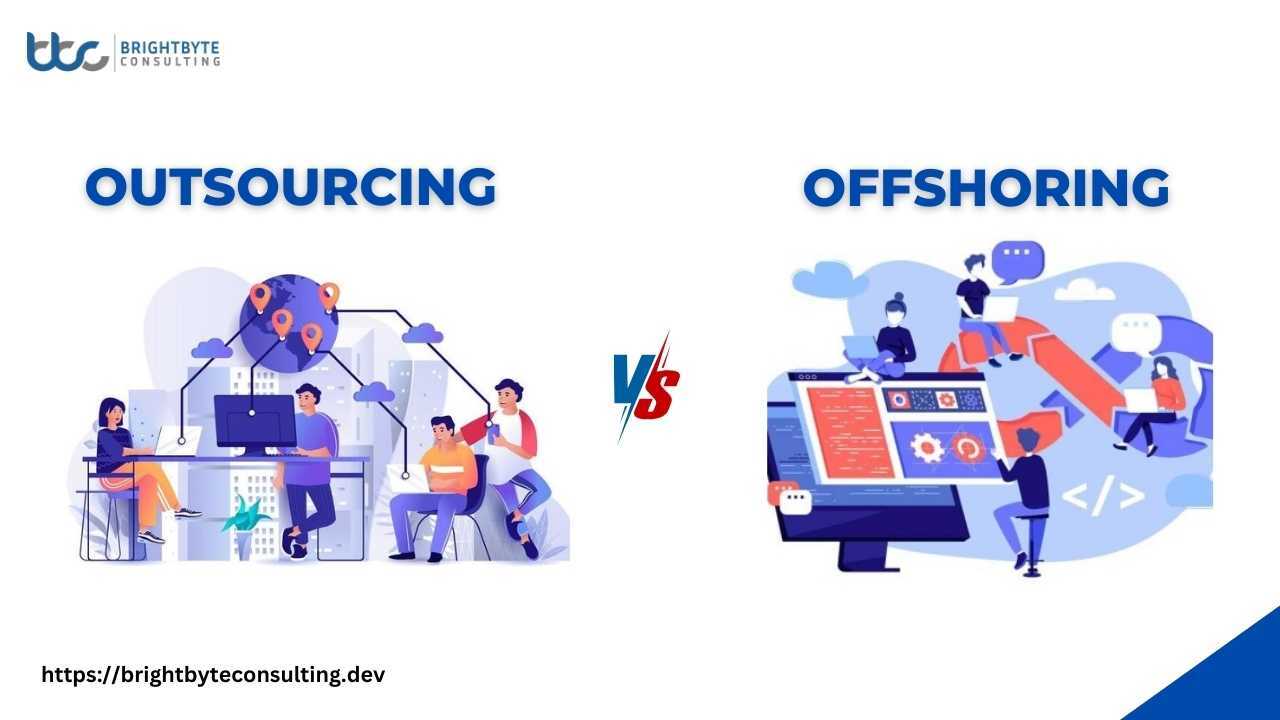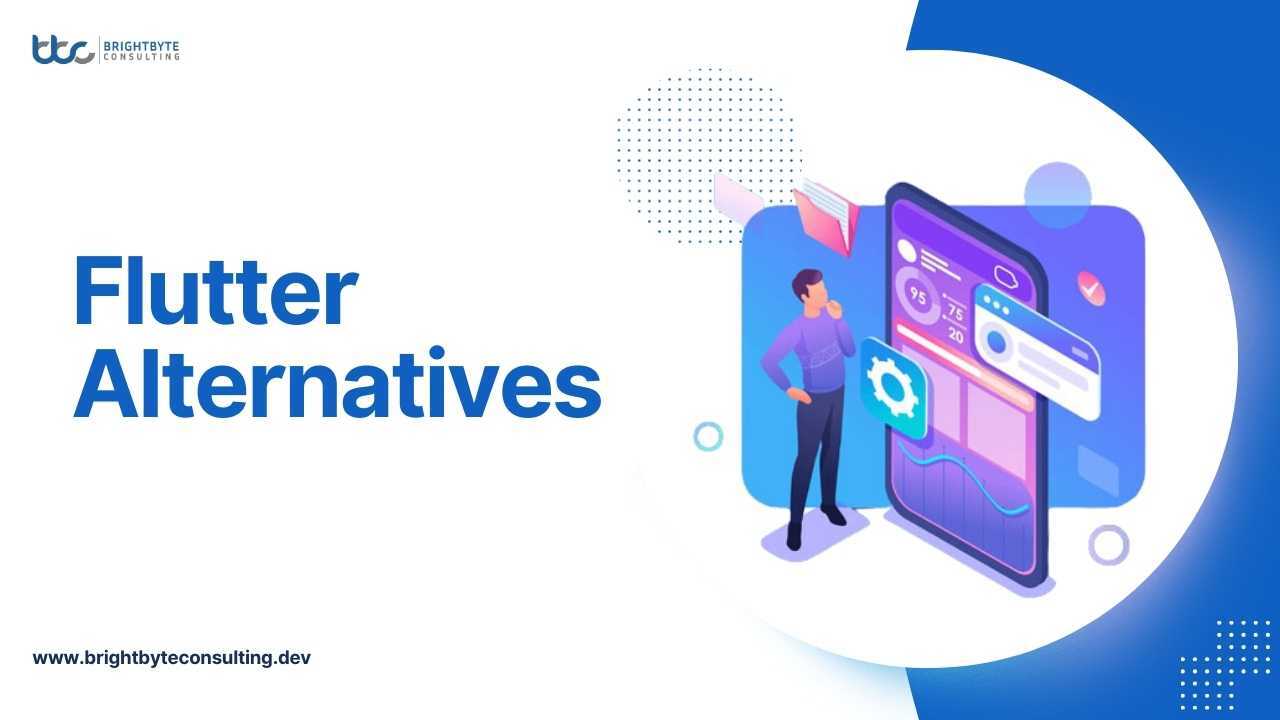Mobile apps are everywhere these days, helping us with all sorts of things like socializing, banking, and shopping. Lots of people use their phones and tablets to do stuff online and connect with businesses. If you make your own app, you can reach more customers and give them an easy way to interact with your brand. Apps can help your business be more efficient, keep customers coming back, and learn more about what they like. If you’re thinking about making an app, check out our list of the best platforms to help you do it. Let’s dive in!
What Are Mobile App Development Platforms?
Mobile app development platforms are software tools that help developers build mobile applications for different operating systems like iOS, Android, and Windows. There are two main types:
- Native App Development Platforms: These are for creating apps specifically for one operating system, like iOS or Android. They give access to native tools and features for better performance and user experience.
- Cross-platform App Development Platforms: These allow developers to build apps that work on multiple operating systems using one codebase. This is a more efficient option for reaching a broader audience without making separate versions for each platform.
Top 5 Mobile App Development Platforms
Xamarin
Xamarin is a widely-used app development platform that enables the creation of iOS, Android, and Windows apps using C# and .NET. It offers various tools and services, including a visual designer, debugging features, and integration with cloud services like Azure.
One of its main advantages is code reuse, allowing developers to share a significant portion of their code across different platforms, potentially saving time and resources. However, using Xamarin may require a higher level of programming expertise due to its reliance on C# and .NET.
Key Features
- Code Reusability: Developers can share up to 90% of their code across various platforms.
- Full Native Apps: Xamarin facilitates the development of fully native Android, iOS, and Windows apps using a single .NET codebase.
- Native API Access: Ensures efficient and effective apps with a genuinely native look and feel.
Flutter
Flutter, developed by Google, is an open-source mobile app development platform for Android, iOS, and web applications. With Flutter, developers can create visually appealing and responsive apps using a single codebase. Its standout feature, Hot Reload, enables real-time code changes, speeding up the development process.
Additionally, Flutter offers tools for backend development, including cloud integration and features like user authentication and data storage. While it excels in rapid UI development and cross-platform compatibility, complex graphics and animations may pose challenges.
Key Features
- Hot Reload: Speeds up development by allowing instant code changes and UI adjustments.
- Customizable Widgets: Provides a variety of tools for building flexible and attractive user interfaces.
- Single Codebase: Ensures synchronized updates across multiple platforms, simplifying maintenance and deployment.
Cordova
Cordova is a widely-used open-source mobile app development platform that enables the creation of cross-platform apps using HTML, CSS, and JavaScript. It offers plugins and APIs to access native device features like the camera and GPS.
With Cordova, developers can integrate various tools and services for app building and deployment, including continuous integration and delivery support. However, it may not offer as smooth a user experience as some other platforms, as apps may not be as optimized for each operating system.
Key Features
- Universal Compatibility: Allows apps to run across different mobile operating systems.
- Plugin Library: Access to native device features through plugins enhances app functionality.
- Familiar Technologies: Developers can utilize CSS3, HTML5, and JavaScript for app development.
Ionic
Ionic is an open-source mobile app development platform, leveraging HTML, CSS, and JavaScript to create cross-platform apps. It provides tools for building visually appealing and responsive apps, along with integration with cloud services for backend development.
Key Features
- Single Codebase: With Ionic, developers can maintain a single codebase that runs smoothly across various platforms and devices, streamlining development and maintenance efforts.
- UI Interface: Ionic offers a rich set of UI features and gestures, allowing developers to create engaging and interactive user experiences for their apps.
- Web Technologies-Based: Built on standard web technologies like HTML, CSS, and JavaScript, Ionic is accessible to developers familiar with these languages, simplifying the development process and lowering the barrier to entry for app development.
Sencha
Sencha is a mobile app development platform that empowers developers to create cross-platform apps using HTML5 and JavaScript. Known for its strong visual data representation, diverse chart options, and pre-tested UI components, it’s popular among front-end developers.
Key Features
- Visual Data Representation: Sencha offers a variety of charts for diverse data perspectives, enabling developers to create visually engaging and informative data representations within their apps.
- Extensive UI Components: With a vast set of pre-tested and integrated UI components, Sencha accelerates time-to-market by providing developers with a comprehensive toolkit for building responsive and attractive user interfaces.
- Front-End Developer Friendly: Built on JavaScript, Sencha is a favorite tool for front-end developers, offering familiar syntax and workflow for efficient app development.
Benefits of Mobile App Development Platforms
Mobile app development platforms offer several benefits:
- User-Friendly Interface: These platforms come with intuitive interfaces and pre-built components, making app development easier, especially for beginners.
- Cross-Platform Compatibility: Some platforms allow developers to create apps that work across various operating systems, streamlining the development process.
- Integration with Cloud Services: Many platforms offer integration with cloud-based tools and services, reducing the need for developers to manage their own infrastructure.
- Testing and Debugging Tools: These platforms provide tools for testing and debugging apps, ensuring high quality and performance across different devices and operating systems.
Conclusion
In conclusion, mobile app development platforms play a crucial role in simplifying the process of building cross-platform apps for various operating systems. With user-friendly interfaces, cross-platform compatibility, integration with cloud services, and robust testing and debugging tools, these platforms offer significant advantages for developers. Whether you’re creating native apps with Xamarin or Flutter, leveraging web technologies with Cordova or Ionic, or utilizing HTML5 and JavaScript with Sencha, these platforms provide the tools and resources needed to bring your app ideas to life efficiently. By harnessing the power of mobile app development platforms, businesses can reach wider audiences, enhance customer engagement, and drive growth in the ever-expanding mobile app market.
FAQs
What are mobile app development platforms?
Mobile app development platforms are software tools that help developers build mobile applications for different operating systems like iOS, Android, and Windows.
What types of mobile app development platforms are there?
There are two main types: native app development platforms and cross-platform app development platforms.
What are the benefits of using mobile app development platforms?
Benefits include user-friendly interfaces, cross-platform compatibility, integration with cloud services, and robust testing and debugging tools.
How do mobile app development platforms help developers?
They simplify the app development process, streamline deployment across multiple platforms, and provide access to pre-built components and features.
Which mobile app development platforms are popular?
Popular platforms include Xamarin, Flutter, Cordova, Ionic, and Sencha, each offering unique features and benefits for app development.

